A
bleeding nose can be scary. Fortunately, more often than not,
nosebleeds are nothing to panic about. The sight of blood dripping down
the nose can send people into a frenzy. So, when you see blood gushing
out of your nose, just calm down for a second and say, ”It’s just a
little blood. No biggie!”
Jokes apart, nosebleeds can be worrisome, but simple home remedies and tips are all that you need to get rid of them in most cases. What causes a nose to bleed in the first place? Let us find that out and then talk about the remedies.
Nosebleeds can occur due to the rupture of two sets of blood vessels in your nose. This helps us to categorize nosebleeds and opt for the right treatment option. The types of nosebleeds are given below.
B. Posterior Nosebleed – The blood vessels closer to the throat are ruptured in this type of nosebleed. The bleeding usually continues for longer than 20 minutes.
Comparatively, posterior nosebleeds require medical attention more than the anterior ones as the bleeding can become heavy (1).
Jokes apart, nosebleeds can be worrisome, but simple home remedies and tips are all that you need to get rid of them in most cases. What causes a nose to bleed in the first place? Let us find that out and then talk about the remedies.
What Can Cause Nosebleeds?
A bleeding nose can be caused due to various reasons, such as excessive sneezing or rubbing, dry winter air, injury, allergies, respiratory problems like sinusitis, or infections like scarlet fever, malaria, or typhoid. The tiny blood vessels in the nose can swell and rupture and cause a nosebleed, which may be a mere trickle or a continuous stream. A nosebleed can also be caused by trauma to the blood vessels in your nose, for example, from a punch (yikes!).Nosebleeds can occur due to the rupture of two sets of blood vessels in your nose. This helps us to categorize nosebleeds and opt for the right treatment option. The types of nosebleeds are given below.
Types Of Nosebleeds
A. Anterior Nosebleed – This occurs due to the rupture of the blood vessels in the front part of the nose known as the Kesselbach’s plexus.B. Posterior Nosebleed – The blood vessels closer to the throat are ruptured in this type of nosebleed. The bleeding usually continues for longer than 20 minutes.
Comparatively, posterior nosebleeds require medical attention more than the anterior ones as the bleeding can become heavy (1).
Home Remedies For Nosebleed
1. Essential Oils For Nose Bleeding
You Will Need
- 2-3 drops lavender oil OR cypress essential oil
- A cup of water
- A paper towel
What You Have To Do
- Add the essential oil to the water.
- Dip the paper towel in this mixture. Wring out the excess water and place it on the nose.
- Press gently for a couple of minutes.
How Often You Should Do This
Doing this once for a couple of minutes should stop the bleeding.Why This Works
Cypress oil is commonly used to treat nosebleeds and other wounds because of its astringent properties that can stop the bleeding (2). Similarly, lavender oil can be used as it encourages the healing of the ruptured blood vessels (3).2. Onion For Nose Bleeding
You Will Need
- 1/4 onion
- Cotton
What You Have To Do
- Grate the onion and squeeze out its juice.
- Dip the cotton ball in the juice and place it in the affected nostril for 3-4 minutes.
How Often You Should Do This
Use this as and when required.Why This Works
Chinese medicine practitioners swear by this remedy for stopping nosebleeds. The fumes from the onion juice will facilitate blood clotting and stop the bleeding (4).3. Cold Compress For Nose Bleeding
You Will Need
- A few ice cubes
- A soft towel
What You Have To Do
- Wrap the ice cubes in the towel and place it on the nose.
- Apply gentle pressure with the cold compress for 4-5 minutes.
How Often You Should Do This
Repeat after a few hours if the nosebleed persists.Why This Works
The coldness of the ice shortens the time that the body takes to clot and end the bleeding (5).4. Vitamin E
You Will Need
Vitamin E capsulesWhat You Have To Do
- Puncture the capsules and pour the oil present inside into a small bowl.
- Apply the oil on the inside of your nostrils.
- Leave it on overnight.
How Often You Should Do This
Repeat this every time you feel you have a dry nose.Why This Works
During the dry winter months, you can keep your nasal membranes moisturized by applying vitamin E oil. It is very hydrating for the skin (6). This remedy works well to prevent nosebleeds.5. Saline Spray To Stop A Nose Bleed
You Will Need
- 1/2 teaspoon salt
- 1/2 teaspoon baking soda
- 1 1/2 cups water
- A syringe
What You Have To Do
- Mix the salt and baking soda in the water.
- Squirt this water into one nostril using the syringe. Make sure the other nostril is closed.
- Keep your head lowered and blow out the water.
- Repeat a couple of times.
How Often You Should Do This
Do this to get rid of nasal allergies and blockages that can lead to nosebleeds.Why This Works
Saline water helps to get rid of infections that cause excess mucus production in the nasal passages. If your nostrils are dry from the inside, the spray will help to soften the dried up mucus and expel it.6. Apple Cider Vinegar For Nose Bleeding
You Will Need
- 1 teaspoon apple cider vinegar OR white vinegar
- A cotton ball
What You Have To Do
Dip the cotton ball in the vinegar and place it in the affected nostril for about 8-10 minutes.How Often You Should Do This
This remedy works well in the first attempt and stops the bleeding from your nose.Why This Works
The acid in the vinegar helps to constrict the blood vessels, thus stopping the bleeding (7).7. Cayenne Pepper
You Will Need
- 1/8-1 teaspoon cayenne pepper
- A glass of warm water
What You Have To Do
Add the pepper to water and drink it.How Often You Should Do This
Drink this as soon as possible once the bleeding starts.Why This Works
Cayenne pepper stimulates blood clotting and can stop the bleeding (8).8. Goldenseal
You Will Need
- A few goldenseal leaves
- A cup of hot water
What You Have To Do
- Prepare some herbal tea by steeping the leaves in hot water for a few minutes.
- Inhale the steam from this tea for 4-5 minutes.
How Often You Should Do This
Use this remedy whenever you experience a nosebleed.Why This Works
Bleeding disorders and hemorrhagic conditions are often treated with this herb. It has antimicrobial, astringent, and hemostatic properties that help it stop the nosebleed (9).Caution
This remedy should not be used by pregnant women and lactating mothers.9. Witch Hazel
You Will Need
- Witch hazel extract
- Cotton
What You Have To Do
- Soak a piece of cotton in the witch hazel extract and place it in the nostril.
- Remove the cotton after a couple of minutes.
How Often You Should Do This
Use this remedy as and when required.Why This Works
The astringent properties of witch hazel help to stop the bleeding (10).10. Nettle Leaf
You Will Need
- 1 teaspoon nettle leaf tea
- 1 cup hot water
- Cotton pad
What You Have To Do
- Brew fresh nettle leaf tea.
- Once it has cooled down, dip the cotton pad in it and place it on the nose.
- Keep the cotton pad on for 5-10 minutes until the bleeding stops.
How Often You Should Do This
Repeat if required.Why This Works
This herbal remedy works well for nosebleeds as nettle leaf is a natural astringent and a hemostatic agent. Also, allergy-related nosebleeds can be easily kept at bay by drinking nettle leaf tea (11).11. Humidifier
What You Need
A humidifierWhat You Have To Do
Use a humidifier.How Often You Should Do This
Use as required.Why This Works
Many times, nosebleeds occur due to dryness in the air, especially in winter. A humidifier will keep the surrounding air moist, thus preventing nosebleeds.Nosebleeds require simple remedies like the ones mentioned above. These natural treatment options are safe for use and will not cause any side effects. Apart from these remedies, a few other pointers can help you in dealing with a nosebleed. Read on!
Tips For Nosebleeds
A. Sit Upright
Your posture plays an important role in stopping the blood from dripping out of your nose. The first thing to do is to sit calmly in an upright position. Avoid leaning back to prevent the blood from going down the back of your throat. Breathe through your mouth, and tilt your head forward. This simple tip can easily manage minor nosebleeds. Remember to stay calm.B. Apply Pressure
Hold either side of your nose with your thumbs and fingers, and pinch the soft part of your nose firmly for 10 minutes. This will decrease the blood flow through the affected area and reduce the bleeding. Avoid exerting too much pressure as it might cause discomfort. Release the nostrils slowly after 10 minutes to check if the bleeding has stopped. Do not touch or blow your nose. If the bleeding continues unabated, try applying pressure for another 10 minutes. This tip has proven to be effective as it helps to constrict the local blood vessels.C. Drink Plenty Of Water
A dehydrated body can also cause a nosebleed. Staying well hydrated is extremely important, especially during the dry seasons or in dry places. Dry winter air often dries out your nose, resulting in a nosebleed. So, keep your mucus membranes moist by drinking at least eight glasses of water in a day to prevent nosebleeds.D. Apply Petroleum Jelly
Dryness can irritate the sensitive portions of the nose, which can further aggravate a bleeding nose. Applying petroleum jelly can help prevent nosebleed by combating the dryness of the nostrils. You can apply petroleum jelly on the insides of your nostrils to keep your nasal membranes moist. This remedy is particularly useful in case of nosebleeds at high altitudes or due to sinusitis or cold.E. Vitamin C And Vitamin K
Vitamin C is involved in the formation of collagen, which helps in creating a moist lining in your nose. This vitamin keeps the blood vessels in good condition, preventing them from rupturing easily (12). So, for long-term prevention, consuming vitamin C-rich foods like oranges, lemons, gooseberries, etc. is a good idea. Similarly, dark green leafy vegetables are packed with vitamin K, which facilitates blood clotting and can be useful in preventing nosebleeds.Source Click here
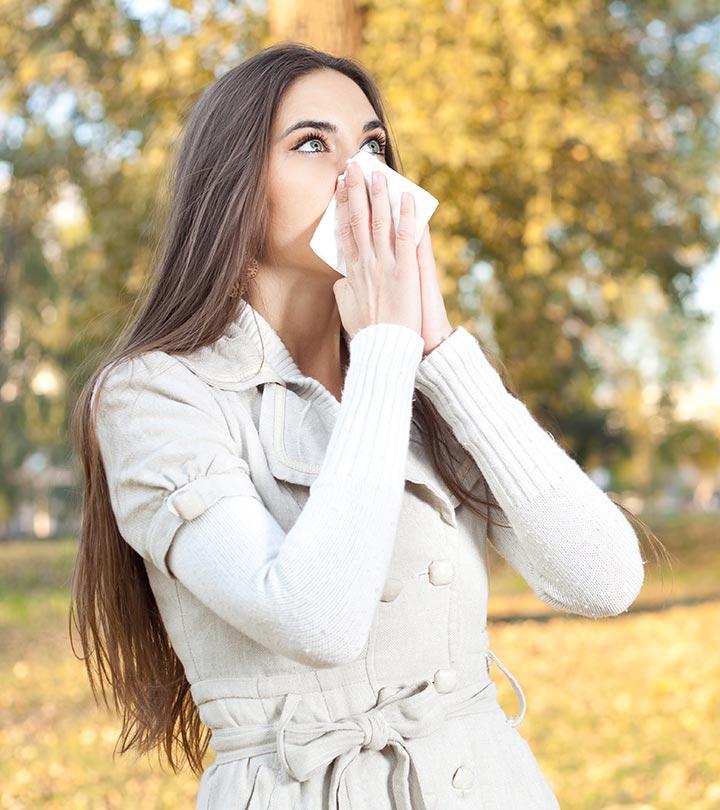
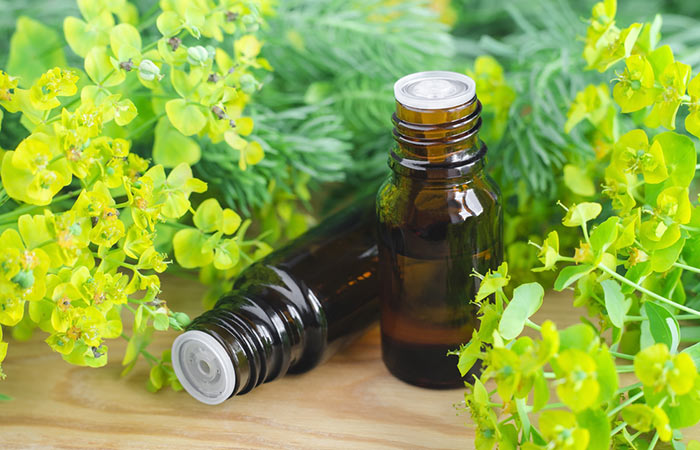
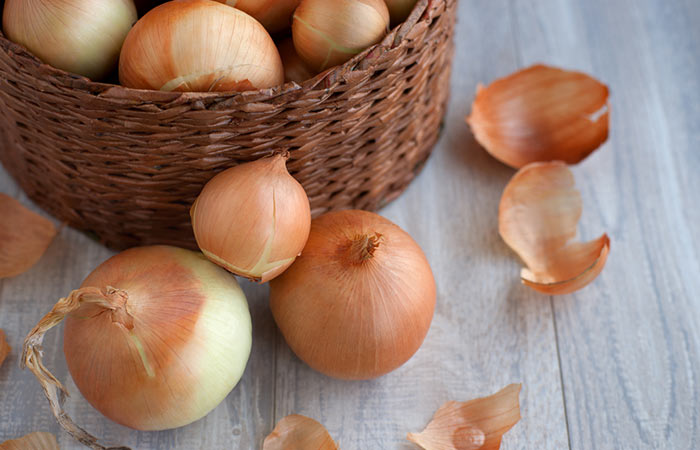
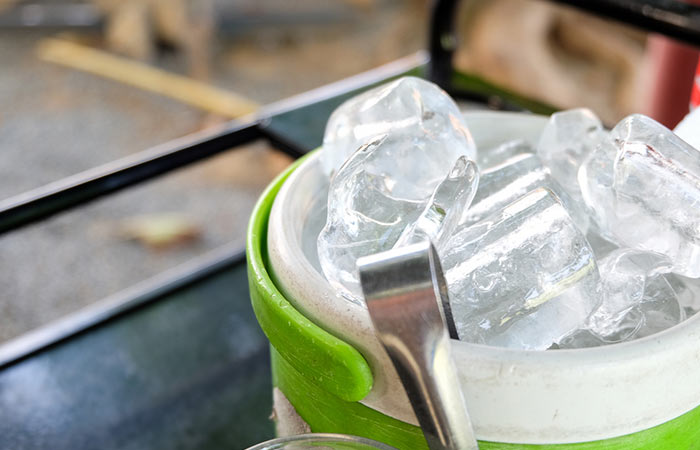
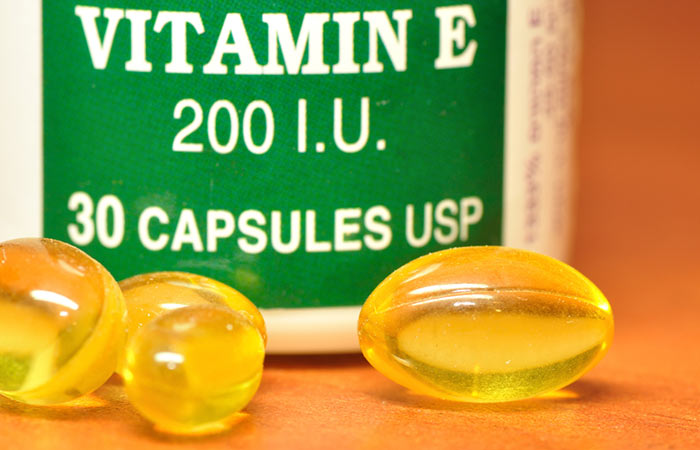
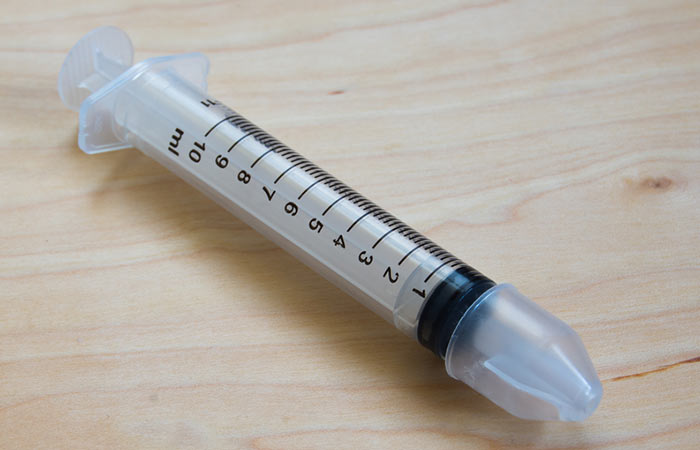
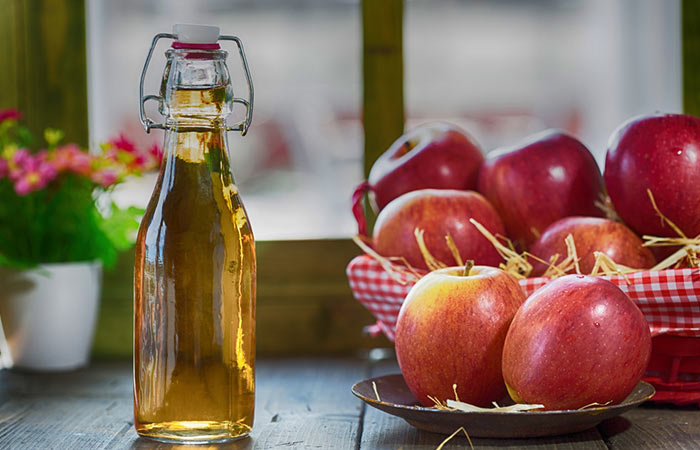
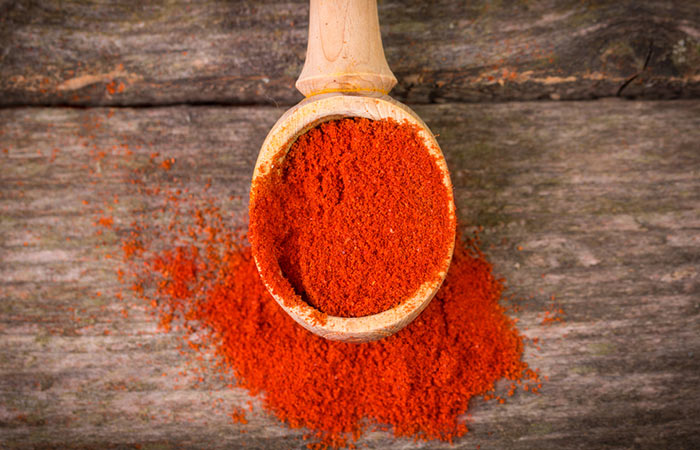
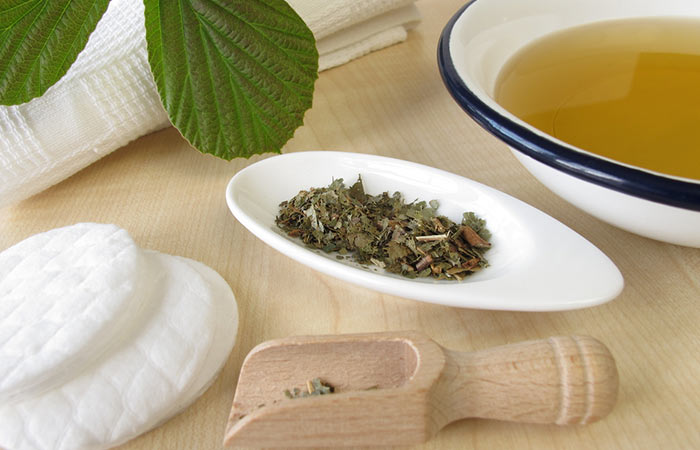
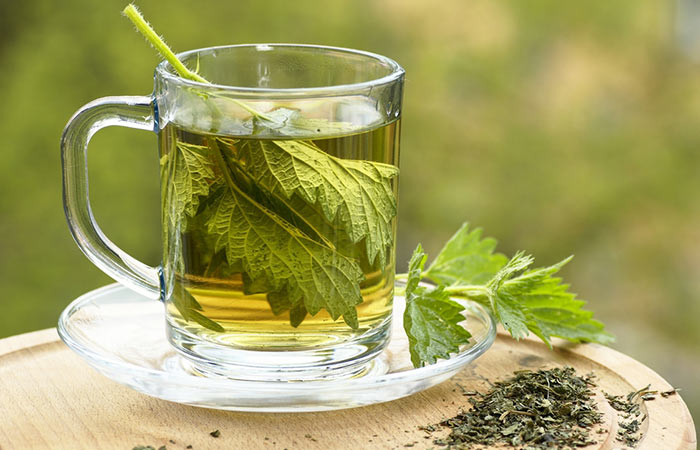
Comments
Post a Comment